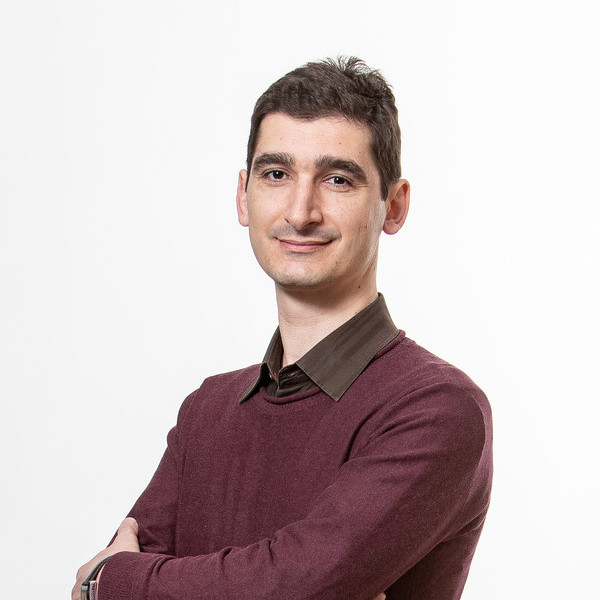Dr Theodoros Papadopoulos
Associate Professor

Biography
Theodoros completed his undergraduate studies in physics at the University of Ioannina, Greece. He obtained his PhD in computational condensed matter physics from Lancaster University, UK, and, as a postdoctoral fellow, he conducted research in Universities and Institutes in the USA, UK and Belgium. He joined the School of Natural Sciences of the University of Chester in March 2015.
Teaching and Supervision
Theodoros is a fellow of the Higher Education Academy (HEA) and is mainly interested in modules related to quantum mechanics, solid state physics, molecular physics, electronic structure theory and computational physics. In the School of Natural Sciences, he is course leader of the BSc Physics degree and teaches, partly or in whole, the following modules: • SE5012 Quantum Mechanics and the Theory of Solids • SE5062 Statistical Mechanics • SE6053 Electronic Structure Modelling for Nanoscience
Research and Knowledge Exchange
Theodoros conducted research as a postdoctoral fellow at the University of Bath, UK, Georgia Institute of Technology, USA, and the University of Liège, Belgium. He has collaborated with established academic and industrial partners in their respective fields, attended many international conferences and has published scientific articles in high impact journals such as Science, Advanced Functional Materials and Chemical Science. His research spans on the area of computational condensed matter physics. In terms of applications, his work is related to devices such as organic photovoltaics (OPVs) and organic light emitting diodes (OLEDs), which reside in the field of organic optoelectronics and molecular electronics. His research interests include: • Charge transfer at metal/organic and metal-oxide/organic interfaces. • Surface physics of metal oxides in the presence of defects and impurities. • Charge and exciton transport in pi-conjugated materials. • Electron transport in single-molecule junctions. • Real-time attosecond electron dynamics in nano-clusters and molecules. The theoretical tools employed for Theodoros' research activities include Density Functional Theory (DFT), Time-Dependent Density Functional Theory (TD-DFT), Scattering theory and Green functions within the Landauer-Buttiker formalism, as well as kinetic Monte Carlo (KMC) modelling. For further information about his research, please have a look at the website of the Computational Condensed Matter and Nanoelectronics (CCMN) research group.